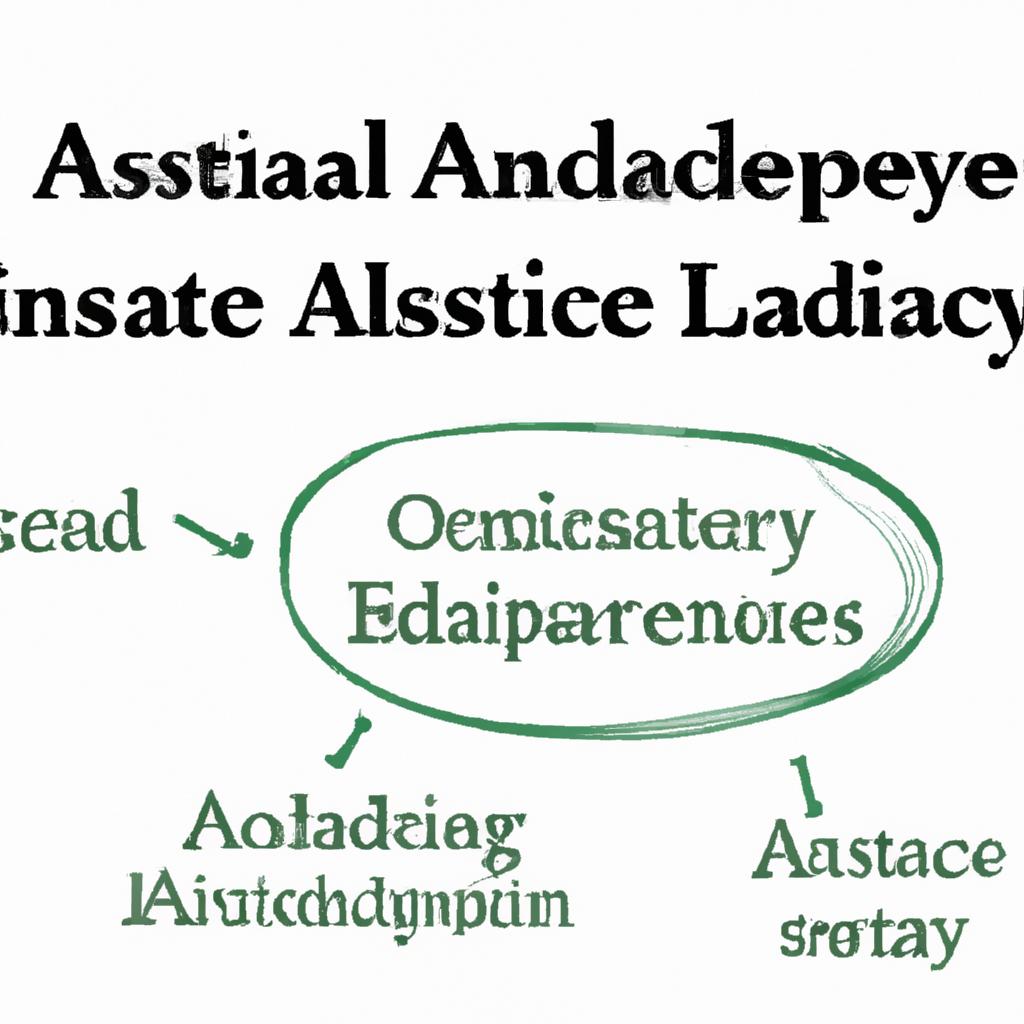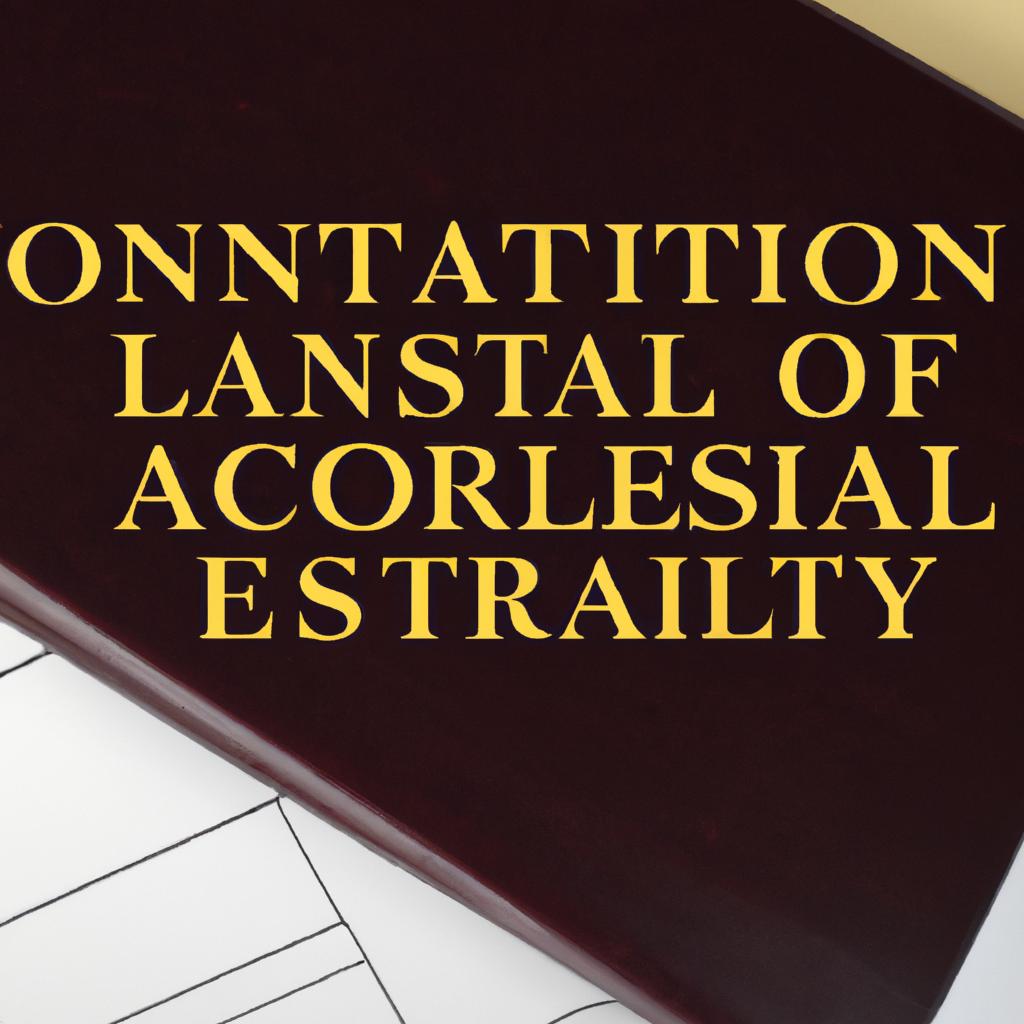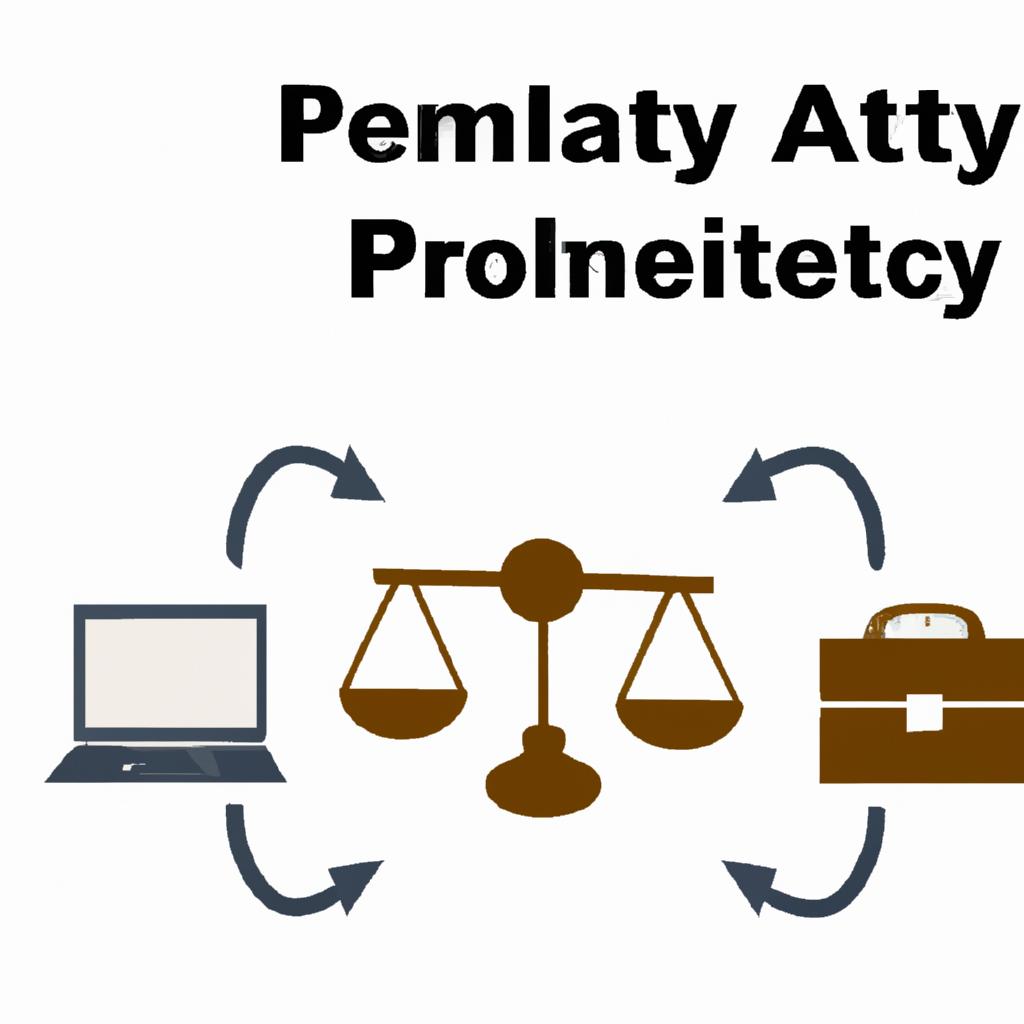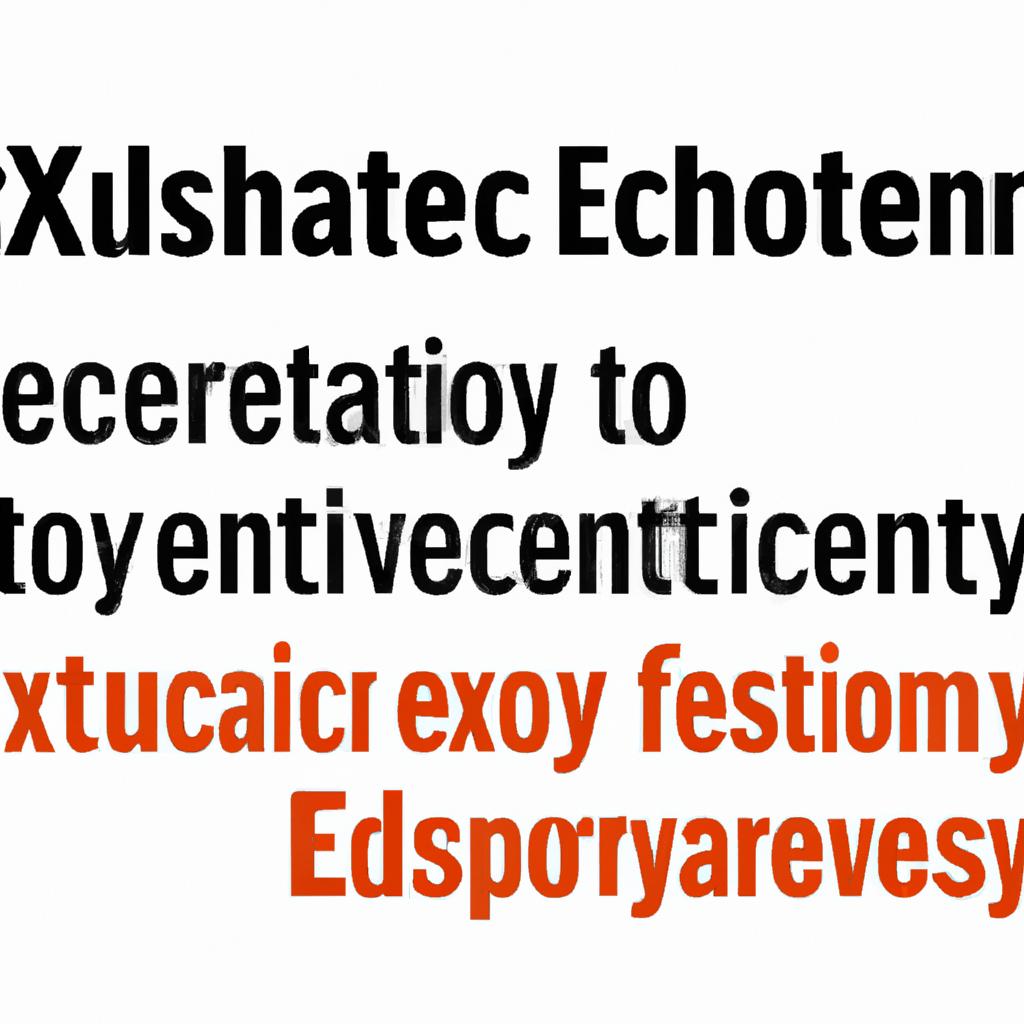In the labyrinth of estate planning, there exists a lesser-known term that plays a crucial role in the distribution of assets: ancillary estate. Often overlooked by individuals seeking to safeguard their legacies, understanding the complexities of ancillary estate can mean the difference between a seamless transition of wealth and a tangled legal battle. As experienced attorneys at Morgan Legal Group in New York City, we are dedicated to unraveling the intricacies of estate planning, probate, elder law, Wills, and trusts, including the often misunderstood concept of ancillary estate. Join us as we delve into this fundamental aspect of asset management and guide you through the nuances of protecting your financial future.
Understanding the Role of Ancillary Estate Administration in Multi-State Probate Processes
When it comes to navigating the complex world of multi-state probate processes, understanding the role of ancillary estate administration is crucial. Ancillary estate administration refers to the process of handling assets located in a state other than the decedent’s primary state of residence. This aspect of probate is essential for ensuring that all assets are properly accounted for and distributed according to the decedent’s wishes.
One of the key functions of ancillary estate administration is determining which assets are subject to probate in each state where the decedent held property. This involves coordinating with probate courts in multiple jurisdictions, gathering relevant documentation, and ensuring that all necessary legal steps are followed. Additionally, ancillary estate administration may involve working with local attorneys and other professionals to ensure that the probate process complies with the laws of each state involved. By understanding the role of ancillary estate administration, individuals can navigate the complexities of multi-state probate processes with confidence and ensure that their loved one’s assets are distributed efficiently and effectively.

Navigating the Complexities of Ancillary Estate Proceedings for Out-of-State Property
When dealing with the complexities of ancillary estate proceedings for out-of-state property, it is crucial to understand the legal nuances and requirements that come into play. Navigating through this process can be overwhelming, but with the right guidance and expertise, it can be managed effectively. At Morgan Legal Group, our team of experienced attorneys has a deep understanding of the laws surrounding ancillary estates, ensuring that your property is properly distributed in accordance with the law.
Our firm specializes in assisting clients with out-of-state properties, offering comprehensive legal services to streamline the ancillary estate process. From determining jurisdiction and filing the necessary paperwork to coordinating with local courts and resolving any potential disputes, we are committed to providing our clients with the guidance and support they need during this challenging time. With our expertise in estate planning and probate law, you can trust that your out-of-state property will be handled with the utmost care and professionalism.

Ensuring Seamless Coordination Between Primary and Ancillary Administrations for Efficient Probate Settlement
When it comes to efficient probate settlement, ensuring seamless coordination between primary and ancillary administrations is crucial. Ancillary estate administration involves managing assets that are located in states other than the primary residence of the deceased. This type of administration can be complex and time-consuming, which is why it is essential to have a well-coordinated plan in place.
At Morgan Legal Group, we understand the importance of effective communication and collaboration between primary and ancillary administrations. Our team of experienced attorneys specializes in handling all aspects of estate planning and probate, including ancillary estate administration. By working closely with both primary and ancillary administrators, we can help streamline the probate process and ensure that all assets are properly accounted for and distributed according to the wishes of the deceased.

Key Considerations for Executors When Administering Ancillary Estates Across Different Jurisdictions
When administering ancillary estates across different jurisdictions, there are several key considerations that executors must keep in mind to ensure a smooth and efficient process. One important factor to consider is the recognition of the will in each jurisdiction where the ancillary estate is located. It is crucial to confirm that the will is valid and legally binding in each jurisdiction to avoid any complications during the probate process.
Additionally, executors should be aware of the different laws and regulations that govern probate and estate administration in each jurisdiction. This includes understanding the tax implications of administering an estate in multiple locations, as well as any specific requirements or procedures that must be followed in each jurisdiction. By staying informed and diligent in their duties, executors can navigate the complexities of administering ancillary estates across different jurisdictions with confidence and professionalism.
Q&A
Q: What is ancillary estate?
A: Ancillary estate refers to property or assets that are located in a different jurisdiction from the deceased individual’s primary estate.
Q: How is ancillary estate different from primary estate?
A: The primary estate is where the majority of the deceased individual’s assets are located, while ancillary estate consists of assets located in different jurisdictions.
Q: Why is ancillary estate important to consider in estate planning?
A: Ancillary estate can create complexities in the probate process and may require additional legal steps to properly distribute the assets among beneficiaries.
Q: What are some common examples of ancillary estate assets?
A: Examples of ancillary estate assets may include vacation properties, bank accounts, or investment accounts located in a different state or country from the deceased individual’s primary residence.
Q: How can individuals ensure their ancillary estate is properly addressed?
A: It is important for individuals to work with a qualified estate planning attorney to ensure that all assets, including ancillary estate assets, are properly accounted for in their estate plan.
Q: What are some potential challenges associated with ancillary estate?
A: Challenges may arise due to differences in laws and regulations between jurisdictions, which can complicate the process of probate and asset distribution for ancillary estate assets.
The Way Forward
In conclusion, understanding the concept of ancillary estate can provide valuable insight into the complexities of estate planning. By taking the time to consider all aspects of your estate, including ancillary assets, you can ensure that your loved ones are well taken care of in the event of your passing. Remember, seeking the guidance of a qualified estate planning professional can help navigate the intricate details of ancillary estates and make the process smoother for all involved. Thank you for reading and we hope this article has shed light on this important aspect of estate planning.

